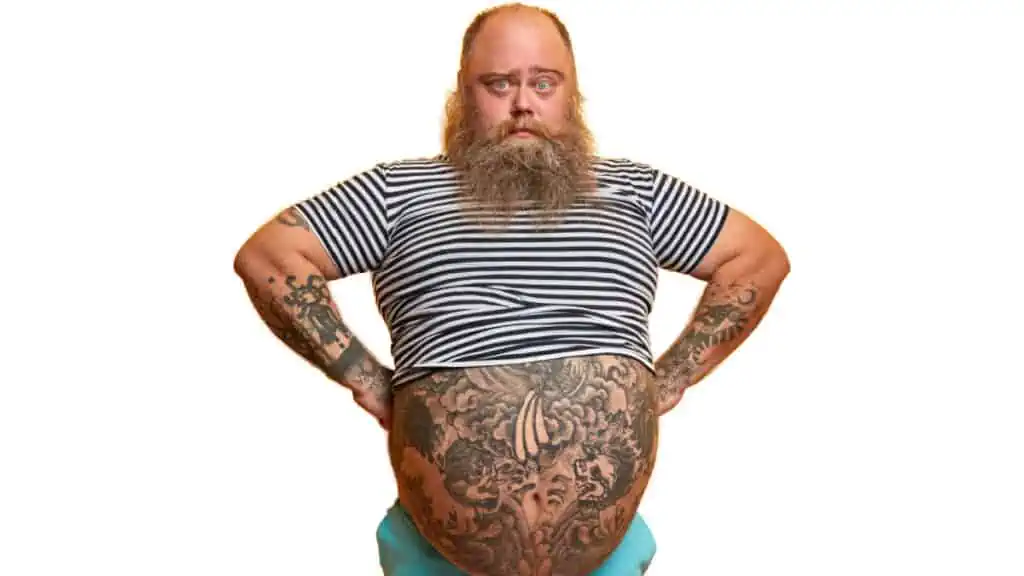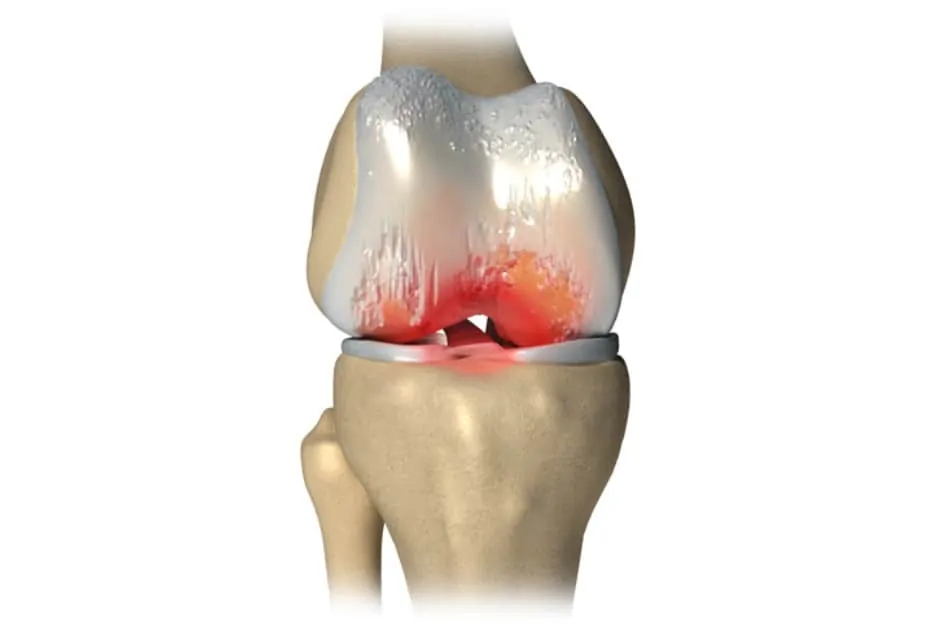As an Amazon Associate I earn from qualifying purchases.
As a fat guy, I’ve been called just about every term under the sun to describe someone in my weight class. Polite terms, ones that were intended to be polite, harsh insults, and just about everything in-between.
The problem is, different words have slightly different meanings to different people. For example, the word “fat” doesn’t bother me at all. Yes, I’m fat. It’s a description of how my body is. However, chubby hits a bit differently.
So, if you’re one of those people who think that all of these words are interchangeable, let’s take a stroll down Vocab Lane and figure out just what each one of them means to fat people.
Oh and if you’re in the same boat as I am (meaning you’re fat…so get out before we sink the boat…) then you’ll be more comfortable knowing which of these terms more accurately describes your body type/size.
What Flavor Of Fat Am I?
Plus-Size
The term “Plus-Size” is used to describe someone who describes larger clothes, commonly called “plus-sizes”. For women, this is generally sizes 18 and higher, although it can change by a size or two depending on the manufacturer.
For men, the equivalent term is “big and tall” sizes. That’s why “plus-size” is generally used to refer to women and not men.
There was a meme of a newspaper headline a few years back that said: “Plus Size Women Not Attracted to Overweight Men“. The intent was to highlight a perceived double standard about how larger people are described in media.
However, the angry people in the comments often didn’t realize that men generally aren’t referred to as “plus-size” because it comes from the clothing term, which doesn’t apply to us.
One thing I will disagree with is the actual premise of the headline. Based on some of my friends’ marriages, I can tell you that plenty of larger women are attracted to larger men!
Overweight
Overweight is a clinical term that refers to someone whose body mass index, or BMI, is higher than 25. It is different from “obese”, which refers to someone whose BMI is between 25 and 34.9, and “morbidly obese”, which is used for those with a BMI over 35.
As noted in that meme previously, “overweight” is more commonly used for men than women. It’s a medical term that has some value in that sense but I still don’t fully love it because it’s often used to suggest that my weight is “over” what is considered acceptable.
I typed in “overweight” on Bing and the box for medical conditions told me it was “A condition characterized by abnormal or excessive fat accumulation.” Who is Bing to tell me what’s an “excessive” amount of fat to have on my body?
Chubby
Chubby, on the other hand, is used to someone who has a higher percentage of body fat but might not necessarily be overweight. Someone with a BMI of 23 or 24 who has a lower muscle mass and more fat, particularly around the waist, would be classified as “chubby”.
I might be dating myself here but when I grew up, I heard the term “chubby chaser” used frequently to describe a person, usually a man, who was more attracted to larger women.
Times have changed quite a bit since I was in middle school (thankfully!) and because of its association with this phrase, the term “chubby” seems to be less commonly used than it was back then.
However, if you type “chubby chaser” into a search engine, you’ll find a lot of people who still use it to describe themselves. There are entire communities based around it. I’d still be careful using it outside of one of those, however.
Which One Are You?
Based on what we’ve learned here, if you’re a man, you’re probably in the “overweight” category, although if you choose to think of yourself as “plus-size” or “chubby.” you absolutely can.
Women can be chubby or plus-size but I don’t recommend using “overweight” to describe them. Most of the women I know wouldn’t take too kindly to it!
However, these answers and distinctions fall into the “technical classification” category. You can think of yourself as anything you want. Don’t ever let anyone tell you what you can and can’t call yourself.
Preferred Terms and Acceptability
That being said, if you’re describing someone or talking directly to them about weight, you should be careful to use a term that they’re comfortable with and isn’t going to come off the wrong way.
As I said earlier, I don’t recommend calling a woman “overweight” to her face because it’s probably not going to be appreciated. You can probably expect to get slapped at the very least!
Since I was curious, I spoke to several friends of mine to get their opinions. I asked, “Between these three terms, which would you use to describe yourself and which one would you prefer to be called?” For those that are a bit smaller, I asked them to give their answer as if they weighed 50 pounds more than they do right now.
The women all agreed that “plus-size” was their preferred option. It’s generally not seen as offensive because it’s descriptive; they buy or would buy “plus-sized” clothing, so they wouldn’t be offended by it.
Almost all of them said that they would prefer the terms “curvy” or “thick” both to describe themselves and how they’d prefer to be called. As discussed in a previous article, “thick” is generally considered to be a compliment.
The men were far more casual about it. Almost all of them told me that they’re fine as long as it’s not “fatso” or any other number of terms that are exclusively used as insults.
Of course, just because my friends feel this way, it doesn’t mean that everyone you talk to will also. Some men might have strong feelings about being called a certain term.
I don’t like to ask people directly what they prefer, so whenever the topic comes up, I usually start a sentence with something like “As a fat guy, I…” and see how the other person reacts.
Sometimes they laugh at my honesty, sometimes they look confused, and other times they tell me that they’d never call themselves fat because they prefer a different term. It makes things easier and helps the conversation flow more smoothly.
Final Thoughts
Plus-Size, chubby, and overweight are three of the most common terms that are used to describe larger people. They are often used interchangeably in everyday speech but there are a few differences, strictly speaking.
As to which one describes you best, that’s up to you. You can call yourself and think of yourself as any term you want. No one else has the right to tell you which term defined as “person of a larger size” is the one you have to use.
The bottom line is that you can use any term for yourself but you should be careful to use another person’s preferred term when speaking to or about them.







